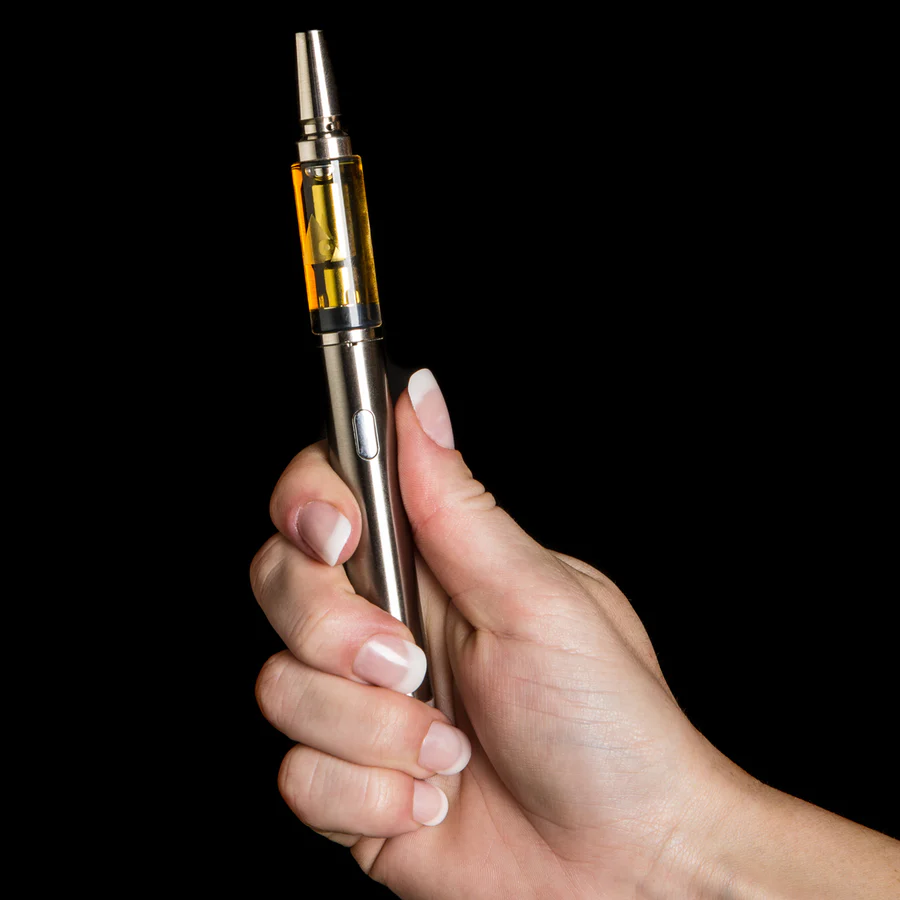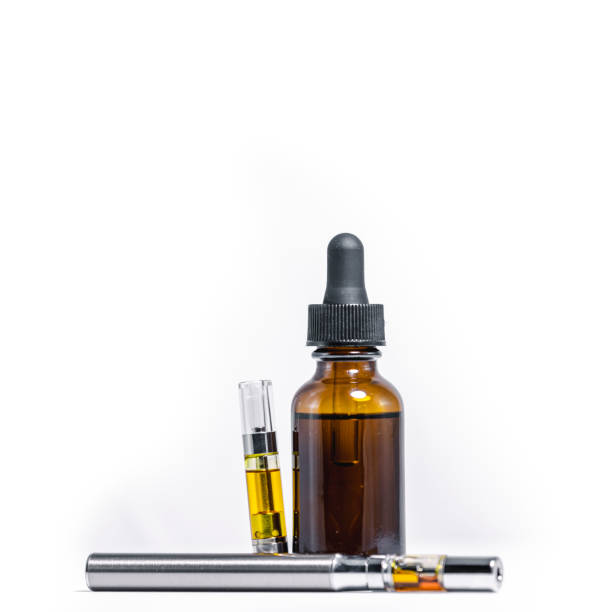Delta 8 THC (tetrahydrocannabinol) is a psychoactive compound found in cannabis plants that have gained popularity in recent years as a legal alternative to delta 9 THC, the primary psychoactive component in cannabis. Delta 8 THC has a similar chemical structure to delta 9 THC, but with some key differences that make it less potent and potentially more therapeutic. One common method of consuming delta 8 THC is through vape cartridges, which contain a concentrated compound mixed with other ingredients such as terpenes and carrier oils. In this article, we will explore the pharmacology of delta 8 vape cartridges, including how they interact with the brain and body and their potential therapeutic benefits and risks.
How Delta 8 Vape Cartridges Interact with the Brain
Delta 8 THC binds to the CB1 receptors in the brain, which are responsible for producing the feeling of euphoria and relaxation that users experience when they consume THC. When delta 8 THC enters the brain, it activates these receptors and stimulates the release of dopamine, a neurotransmitter that is responsible for feelings of pleasure and reward. This release of dopamine is what produces the characteristic high associated with THC consumption. In addition to producing euphoria and relaxation, delta-8 THC also has other effects on the brain, such as improving mood, reducing anxiety, and enhancing creativity. However, it can also impair short-term memory and slow down reaction times, which can be a concern when operating heavy machinery or driving after consuming delta 8 vape cartridges.
How Delta 8 Vape Cartridges Interact with the Body
Delta 8 THC interacts with the body’s endocannabinoid system (ECS), which plays a critical role in regulating various physiological processes such as mood, appetite, pain, and inflammation. The ECS is composed of three main components: endocannabinoids (cannabinoids produced naturally by the body), receptors, and enzymes. The two primary receptors in the ECS are CB1 and CB2. When delta 8 THC is consumed through a vape cartridge, it binds to CB1 receptors in the brain and nervous system, resulting in a mild to the moderate psychoactive effect that can vary depending on the dosage and individual tolerance. Because delta 8 is less potent than delta 9 THC, the psychoactive effects are generally milder and more manageable. In addition to its psychoactive effects, delta-8 THC also has potential therapeutic benefits, such as pain relief, anxiety reduction, and appetite stimulation. However, more research is needed to understand these effects and their mechanisms fully.
Benefits and Risks of Delta 8 Vape Cartridges
Delta 8 vape cartridges have gained popularity as a legal alternative to delta 9 THC, but they are not without risks. Like any psychoactive substance, excessive use of delta 8 THC can lead to unwanted side effects, such as dizziness, paranoia, and dry mouth. Also, delta 8 THC can negatively affect the body, such as dry mouth, red eyes, and an increased heart rate. It’s essential to use delta 8 vape cartridges responsibly and in moderation to avoid these unwanted effects.
On the other hand, delta-8 THC also has potential therapeutic benefits that make it an attractive option for people seeking relief from various conditions. For example, it may help with pain relief, anxiety reduction, and appetite stimulation. It’s essential to note that more research is needed to understand these effects and their mechanisms fully. It’s also important to purchase high-quality, lab-tested products from reputable sources to ensure purity and safety.
Conclusion
In conclusion, Delta 8 vape cartridges have shown potential as a treatment option for nausea and appetite stimulation due to their unique properties and interactions with the endocannabinoid system in the human body. However, it’s important to be aware of the potential side effects and to consult with a healthcare provider before using Delta 8 vape cartridges. Further research is needed to fully understand the effects of Delta 8 on the human brain and physiology, but this pharmacological breakdown provides valuable insight into its potential therapeutic benefits.




